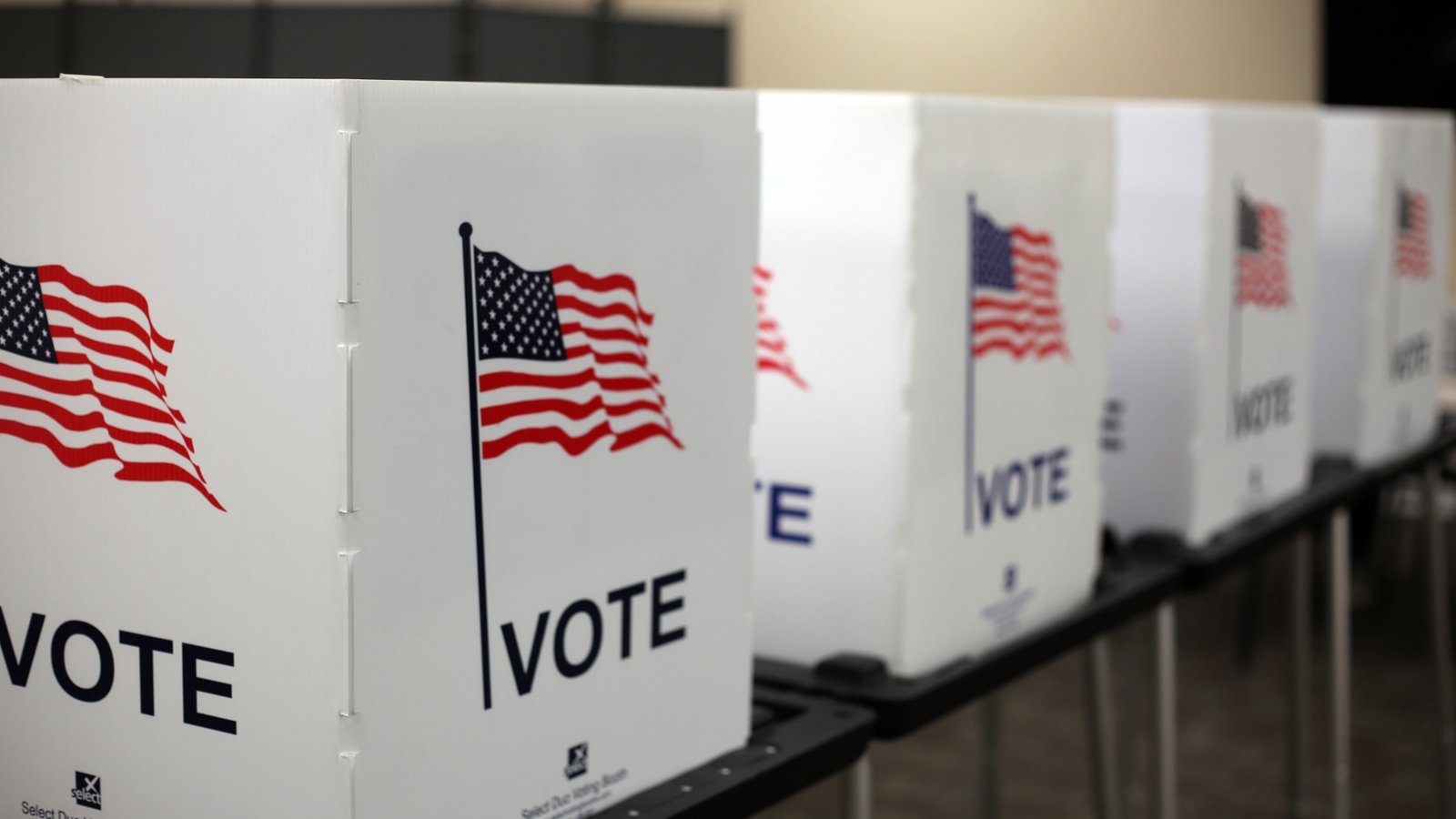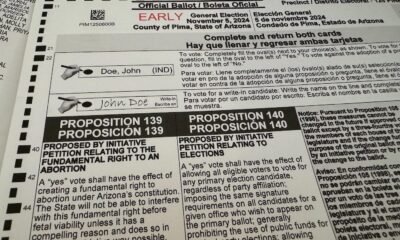DC Bureau
What Happens to States’ Ballots When a Presidential Nominee Drops Out?

This special report was written with contributions from States Newsroom’s 39 state news outlets.
WASHINGTON — The Electoral College could emerge as a pivotal mechanism for Democrats if President Joe Biden withdraws from the race after his name appears on ballots. States Newsroom reporters investigated the procedural aspect of replacing a presidential candidate on ballots post-party conventions. The answers from state officials varied, but many cited the Electoral College as a key player in this scenario.
Understanding the Electoral College’s role is crucial. When U.S. voters cast their ballots on the first Tuesday following the first Monday in November, they vote for electors, not directly for the presidential candidate. These electors then cast their votes based on their respective state’s popular vote, determining the election outcome. This complexity highlights the distinction between the popular vote and the Electoral College vote count, a topic brought to the forefront during Donald Trump’s election wins in 2016 despite losing the popular vote.
This year, concerns over Biden’s age and mental capabilities have intensified within the Democratic party. Should he need to withdraw post-nomination, the Electoral College provides an alternative where electors could cast their votes for another Democrat. For example, Louisiana Deputy Secretary of State for Communications Joel Watson Jr. clarified that electors, not the nominees for president or vice president, are who voters actually elect on November 5th.
Iowa Secretary of State spokesperson Ashley Hunt pointed out that how electors vote in December is not strictly dictated by state statutes, aside from an initial pledge made upon their appointment. Thus, legal challenges could ensue, leading to potentially different rulings at various judicial levels. Emory Law professor Alicia Hughes underscored that such a scenario would likely escalate to the U.S. Supreme Court, describing it as “a complicated mess with an unpredictable outcome.”
Calls to amend or abolish the Electoral College have surfaced repeatedly, particularly following elections where the popular vote and Electoral College results diverged. The specter of “faithless electors” — those who vote contrary to their pledged candidate — adds another layer of unpredictability. While rare, faithless electors have never decided a presidential election yet remain a point of concern, especially in tightly contested races.
Replacing a candidate close to election day complicates matters further, as seen in diverse state procedures. For instance, Alabama law does not permit withdrawing or substituting presidential candidates post-certification. Similarly, states like Colorado invalidate votes for withdrawn candidates post-ballot printing. These different approaches reflect the unique election laws across states, contributing to the overall complexity.
As the election nears, uncertainties about Biden’s candidacy grip the Democratic Party. The contingency plans hinge on electors’ loyalty and legal frameworks across states, with varying deadlines adding to the challenge. For example, in Virginia, ballot changes are possible until September 6. Post-deadline, early voting introduces additional constraints.
Ultimately, the prospect of Biden’s withdrawal underscores the multifaceted nature of U.S. electoral processes, spotlighting both the resilience and vulnerabilities within the system. Election officials across states echo a mix of preparedness and uncertainty, reflecting the pluralistic and often decentralized U.S. electoral landscape.
Stateline is part of States Newsroom, a nonprofit news network supported by grants and donors as a 501(c)(3) public charity. Stateline maintains editorial independence. Contact Editor Scott S. Greenberger for questions: [email protected]. Follow Stateline on Facebook and X.


















